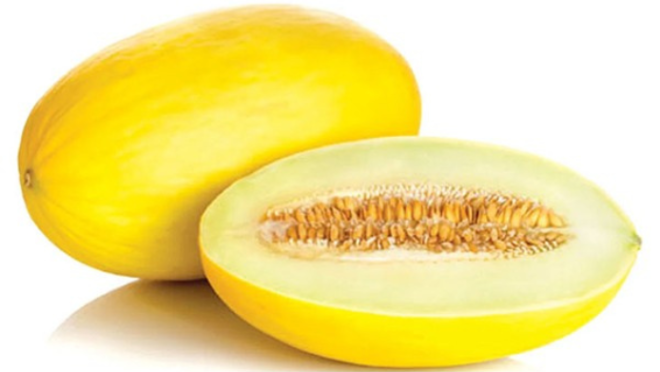The great bangi debate: Sugar or no sugar? A nation divided
The great bangi debate: Sugar or no sugar? A nation divided

Ramadan is here, and with it comes the usual joy, reflection, and heated debates over innocent fruits. Specifically, bangi.
While the rest of the world moves on with their lives, Bangladeshi dads are experiencing peak happiness. Their beloved fruit—the pale, watery, suspiciously bland bangi—has reclaimed its throne at the iftar table. Nobody knows exactly why this fruit holds such a special place in their hearts, but one thing is certain: its arrival marks the beginning of a family drama—more emotionally charged than episodes of Yeh Rishta Kya Kehlata Hai.
Bangi is like elachi—useful, still gets all the hatred. Some say bangi with sugar is just fine. Probably a 7/10. And then the bangi activists strike in: ”You punks are just ruining the originality of bangi! It’s supposed to be tasteless.”
Ladies and gentlemen, welcome to The Great Bangi Debate: With or without sugar?
The staunch defenders of tradition are generally the eldest males of the family, aka abba, who firmly believe in the tastelessness of bangi. “If Allah wanted bangi to be sweeter, He would have made it so.” Damn, who can even argue with that?
In their defense, any attempt to “improve” bangi is considered an insult to their ancestors, who allegedly survived entire Ramadans on bangi, muri, and sheer willpower.
The other key arguments, however, include: A. “Bangi is naturally sweet. If you don’t taste it, blame your tongue, not the fruit.” B. “Adding sugar is for the weak. We didn’t need sugar to grow strong!” (Usually said while rubbing an arthritic knee.)
For them, adding sugar to bangi is as offensive as mixing jilapi with muri—a crime against humanity and common sense.
Now let’s hear from one of the rebels—a ‘bangi with sugar activist’—Shadman Sakib Zahin. Witnesses report that just moments before iftar, he was seen pacing his balcony on the seventh floor, visibly distressed. And then, in a moment of pure frustration, he screamed into the evening sky, “Man, keu abba re bujhao! A raw bangi tastes like cardboard!”
When we finally caught up with him, Zahin was still fuming. “Either bangi stays or me,” he declared, hands clenched into fists. “I’m done pretending. Every year, it’s the same thing. I ask for sugar, abba lectures me to man up and appreciate bland bangi. But enough is enough—this is oppression. I’d rather try Keka apa’s noodles bhorta but bangi without sugar? Hell no.”
According to the rebels—mostly kids and teenagers—rejecting sugar is an act of unnecessary hardship, a blind loyalty to a fruit that often falls short of greatness. Their reasoning is simple: “Not all bangis are lucky—some need a little help.” “If we can add sugar to faluda, why not to bangi?” “We’re already drinking Rooh Afza with our iftar; why draw the line here?”
For them, the sugar debate isn’t about disrespecting tradition—it’s about survival. They refuse to accept a fruit that tastes like it almost wanted to be delicious but gave up halfway.
However, as the sun sets and another iftar begins, one thing remains certain—this debate will never end. But at least, it will always be delicious (with sugar, guys?)


